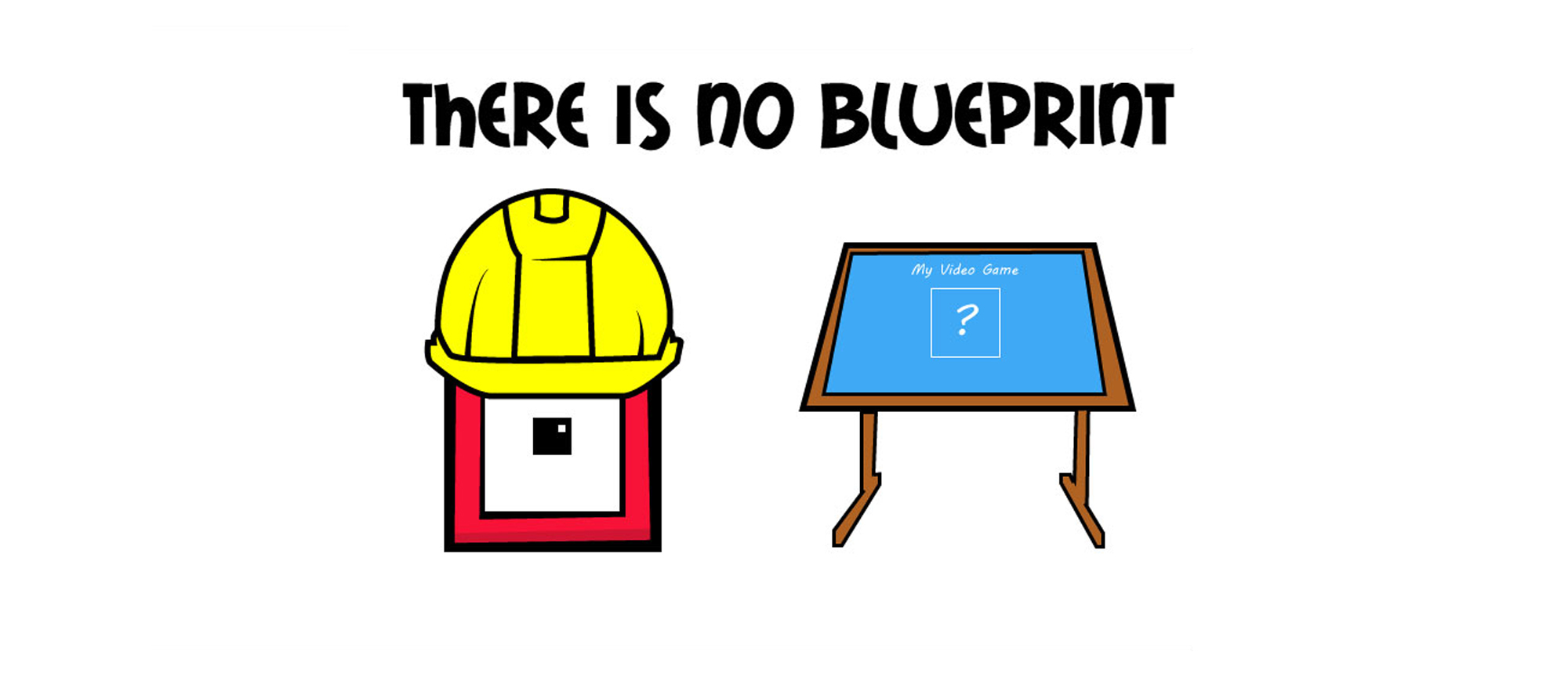
Ok, I’ll start with a confession. I didn’t play “The Walking Dead” from Telltales Games until a couple of months ago. The reason, I made the awful mistake of not playing the game, for what now seems like an eternity, is that while the game was being praised and winning awards (deservedly so) all throughout the end of 2012 and the beginning of 2013, I was stuck thinking that the game was nothing more than an interactive movie, and while it was nice that it had what it appear to be a good story, I thought a game should offer players a more “complete” experience and therefore, being the block head that I am, I dismissed the game. Luckily for me, Extra Credits did an analysis of the game that got me intrigued. Also, around the same time, the stars aligned in a way that made the game available on Steam’s midweek madness sale. It was clear to me that the lord all mighty wanted me to play this game. So I went ahead bought it and tried it out. I couldn’t stop playing it. It was bloody brilliant. It quickly became one of my all-time favorites and I’m constantly telling people to play it because is something that people should definitely experience.
The fact that I was about to miss on a magnificent piece of art just because I thought that games are supposed to be more interactive and that you should do more than click a couple of buttons to make decisions, made me realize one important truth. That there is no blueprint of what a game should or should not be. There are a few basic requirements that need to be filled in order to consider something a videogame, but other than that, there’s nothing limiting what a videogame can or cannot do. Now I know that you’re thinking that this is quite obvious and that I’m a jerk for thinking that this is something worth writing about in a blog. That might be the case, but you would be amazed how often people forget about this somewhat obvious fact. So I think that it’s important to remember this little fact every now and then.
As a game developer remembering this can be really empowering, as you will know that you have a clean sheet for creating games. The fact that you are doing a certain kind of game doesn’t mean you can’t incorporate mechanics that are not associated with the genre or that you can’t experiment with an art style that is not usually used in the type of game you’re making. It’s really exciting and liberating to realize that when creating a game you are not bound by anything. All you really need to know is what outcome you desire from your game, and then experiment with ways of achieving it.
It’s also important to remember that there is no blueprint because, believe it or not, you will enjoy videogames even more than you do right now. You will have an open mind and, as in life, you will be able to discover new and exciting things you never knew you would enjoy. Ever since I realized I was being an incredible Muppet for not playing “The Walking Dead” I started to play with other games that I thought I would not like or that they didn’t fall under my brutish definition of “what a game should be”. Although I have not enjoyed all of them, I can assure you that I have come out of all of them learning something new or at the very least I came out learning something new about myself, and when I think about it, that’s a wonderful thing!
You will get more out of your game development and/or gaming experience the moment you stop using mental blueprints for video games and you start welcoming new experiences. It’s going to be hard at first since human beings are wired to catalog things so that they can understand the world better, but it’s something that’s more than possible to do and the results are worth it. If nothing else, at the very least you will practice a skill that you can use in your day to day life.
That’s pretty much all I have to say about that. Now go play some games.





